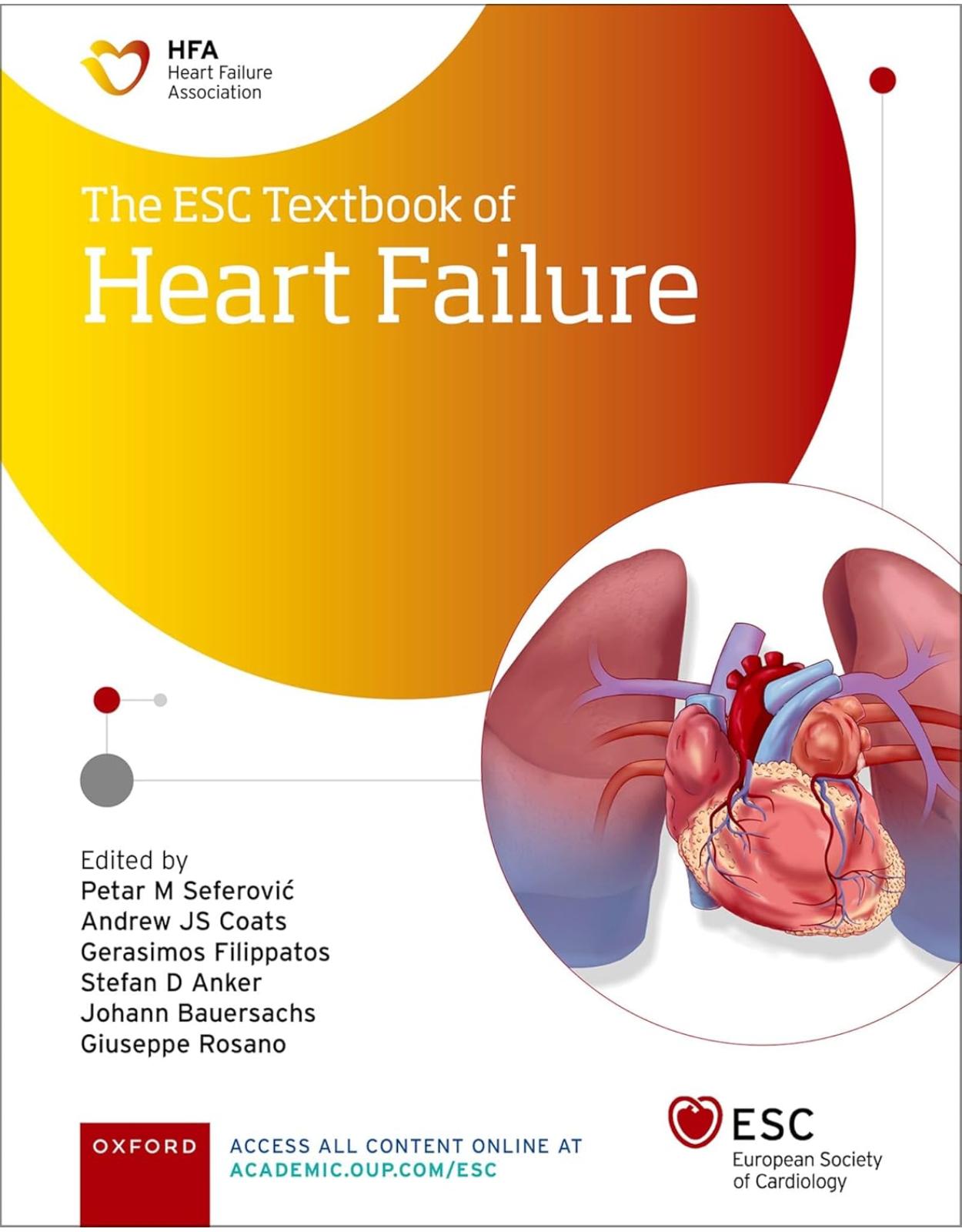
The ESC Textbook of Heart Failure
Livrare gratis la comenzi peste 500 RON. Pentru celelalte comenzi livrarea este 20 RON.
Disponibilitate: La comanda in aproximativ 4-6 saptamani
Editura: Oxford University Press
Limba: Engleza
Nr. pagini: 1040
Coperta: Hardcover
Dimensiuni: 228 x 285 x 44 mm
An aparitie: 14 noi 2023
Description:
The ESC Textbook of Heart Failure is the latest addition to the European Society of Cardiology (ESC) publications portfolio and is fully supported by the European Heart Failure Association. The textbook brings together internationally renowned experts in the field of heart failure to present an up-to-date understanding of all aspects of this chronic condition that worsens with time. It is estimated that the worldwide population of patients suffering from heart failure is approximately 26 million. This clinically oriented work reflects contemporary European guidelines from the ESC and the European Heart Failure Association and summarizes the latest evidence from clinical trials. Made up of eighteen different sections the textbook covers the epidemiology, etiology, prevention, pathophysiology, and clinical phenotypes of heart failure. The assessment and management of chronic, acute, and advance heart failure are all discussed in detail. As well as chapters dedicated to self-care and patient education, the multidisciplinary approach to heart failure management, and clinical trial design and interpretation. The future direction of the field is discussed throughout with separate chapters on digital health, big data, and telemedicine/remote monitoring in heart failure also included. A must read for cardiovascular healthcare specialists in Europe and across the world it should also appeal to those in training, general physicians and those caring of the elderly, cardiothoracic surgeons, primary care doctors, and specialist nurses too.
Table of Contents:
Section 1 Universal definition of heart failure
1.1 Universal definition of heart failure
Section 2 Epidemiology of heart failure
2.1 Epidemiology of heart failure
Section 3 Aetiology of heart failure
3.1 The role of ischaemic heart disease in heart failure
3.2 From hypertension to heart failure
3.3 Heart failure in valvular heart disease
3.4 Cardiomyopathies
3.4.1 Genetic basis of cardiomyopathies
3.4.2 Dilated and hypokinetic non-dilated cardiomyopathy
3.4.3 Hypertrophic cardiomyopathy
3.4.4 Restrictive cardiomyopathy
3.4.5 Arrhythmogenic right ventricular cardiomyopathy
3.4.6 Peripartum cardiomyopathy
3.4.7 Takotsubo syndrome
3.5 Myocarditis and pericarditis
3.6 Congenital heart disease
3.7 Endocrine and metabolic abnormalities
3.8 Obesity
3.9 Cancer and cancer therapy
3.10 Toxins and infections
Section 4 Prevention of heart failure
4.1 Prevention of heart failure
Section 5 Pathophysiology of heart failure
5.1 Molecular and cellular mechanisms
5.2 Alterations in myocardial metabolism
5.3 Ventricular remodelling
5.4 Neurohormonal activation in heart failure
5.5 Immune-mediated mechanisms
5.6 Inflammation, oxidative stress, and endothelial dysfunction
5.7 Alterations in renal haemodynamics and function in heart failure
5.8 Systemic adaptations in metabolism and nutritional status
Section 6 Clinical phenotypes of chronic heart failure
6.1 Clinical phenotypes of heart failure with reduced ejection fraction
6.2 Heart failure with mildly reduced ejection fraction
6.3 Heart failure with preserved ejection fraction
6.4 Right heart failure
Section 7 Chronic heart failure: diagnostic and prognostic assessment
7.1 Heart failure clinical assessment
7.2 Biomarkers in diagnostic and prognostic assessment
7.3 Imaging in heart failure
7.3.1 Echocardiography
7.3.2 Nuclear medicine
7.3.3 Computed tomography in heart failure
7.3.4 Cardiac magnetic resonance in heart failure: diagnostic and prognostic assessment
7.3.5 Cardiopulmonary exercise testing
7.4 Cardiac catheterization, invasive imaging, and haemodynamics
Section 8 Chronic heart failure: pharmacological management
8.1 Angiotensin-converting enzyme inhibitors
8.2 Angiotensin receptor blockers in heart failure
8.3 Angiotensin II receptor–neprilysin inhibitor
8.4 Beta-blocker therapy
8.5 Mineralocorticoid receptor antagonists
8.6 Heart rate reduction with ivabradine in heart failure
8.7 Vasodilators in heart failure
8.8 Digitalis glycosides
8.9 Diuretics
8.10 Inotropes and inodilators
8.11 Sodium–glucose cotransporter 2 inhibitors
8.12 Ancillary pharmacological treatment options
8.13 New and emerging therapies in heart failure
Section 9 Chronic heart failure: non-pharmacological management
9.1 Implantable cardioverter–defibrillators
9.2 Cardiac resynchronization therapy for heart failure
9.3 Cardiac surgery (bypass surgery and remodelling surgery)
9.4 Valve interventions
9.5 Ancillary procedures
9.6 Cardiovascular rehabilitation and lifestyle modifications
Section 10 Acute heart failure
10.1 Acute heart failure: diagnostic and prognostic assessment
10.2 Acute heart failure: pharmacological and non-pharmacological management
Section 11 Advanced heart failure
11.1 Advanced heart failure: assessment
11.2 Advanced heart failure: management
11.3 Mechanical circulatory support
11.4 Heart transplantation
11.5 Palliative care in the heart failure trajectory
Section 12 Comorbidities and clinical conditions
12.1 Clinical aspects of chronic kidney disease in heart failure
12.2 Dyskalaemia in heart failure
12.3 Chronic lung disease
12.4 Ventilatory abnormalities and sleep disordered breathing
12.5 Pulmonary hypertension associated with left heart disease
12.6 Ventricular arrhythmias and sudden death in heart failure
12.7 Management of atrial fibrillation in heart failure
12.8 Diabetes, prediabetes, and heart failure
12.9 Heart failure in systemic immune-mediated diseases
12.10 Liver and gut dysfunction
12.11 Iron deficiency in heart failure
12.12 Cognitive impairment and depression
12.13 Cancer and heart failure
12.14 Pregnancy and heart failure
12.15 Frailty in heart failure
Section 13 Self-care and patient education
13.1 Self-care and patient education
Section 14 Multidisciplinary approach to heart failure management
14.1 Multidisciplinary approach to heart failure management
Section 15 Clinical trial design and interpretation
15.1 Clinical trial design and interpretation
Section 16 Digital health in heart failure
16.1 Digital health in heart failure
Section 17 Big data in heart failure
17.1 Big data in heart failure
Section 18 Telemedicine and remote monitoring
18.1 Telemedicine and remote monitoring in heart failure
Index
A
B
C
D
E
F
G
H
I
J
K
L
M
N
O
P
Q
R
S
T
U
V
W
X
Y
| An aparitie | 14 noi 2023 |
| Autor | Petar Seferovic Andrew Coats, Gerasimos Filippatos, Johann Bauersachs, Giuseppe Rosano |
| Dimensiuni | 228 x 285 x 44 mm |
| Editura | Oxford University Press |
| Format | Hardcover |
| ISBN | 9780198891628 |
| Limba | Engleza |
| Nr pag | 1040 |

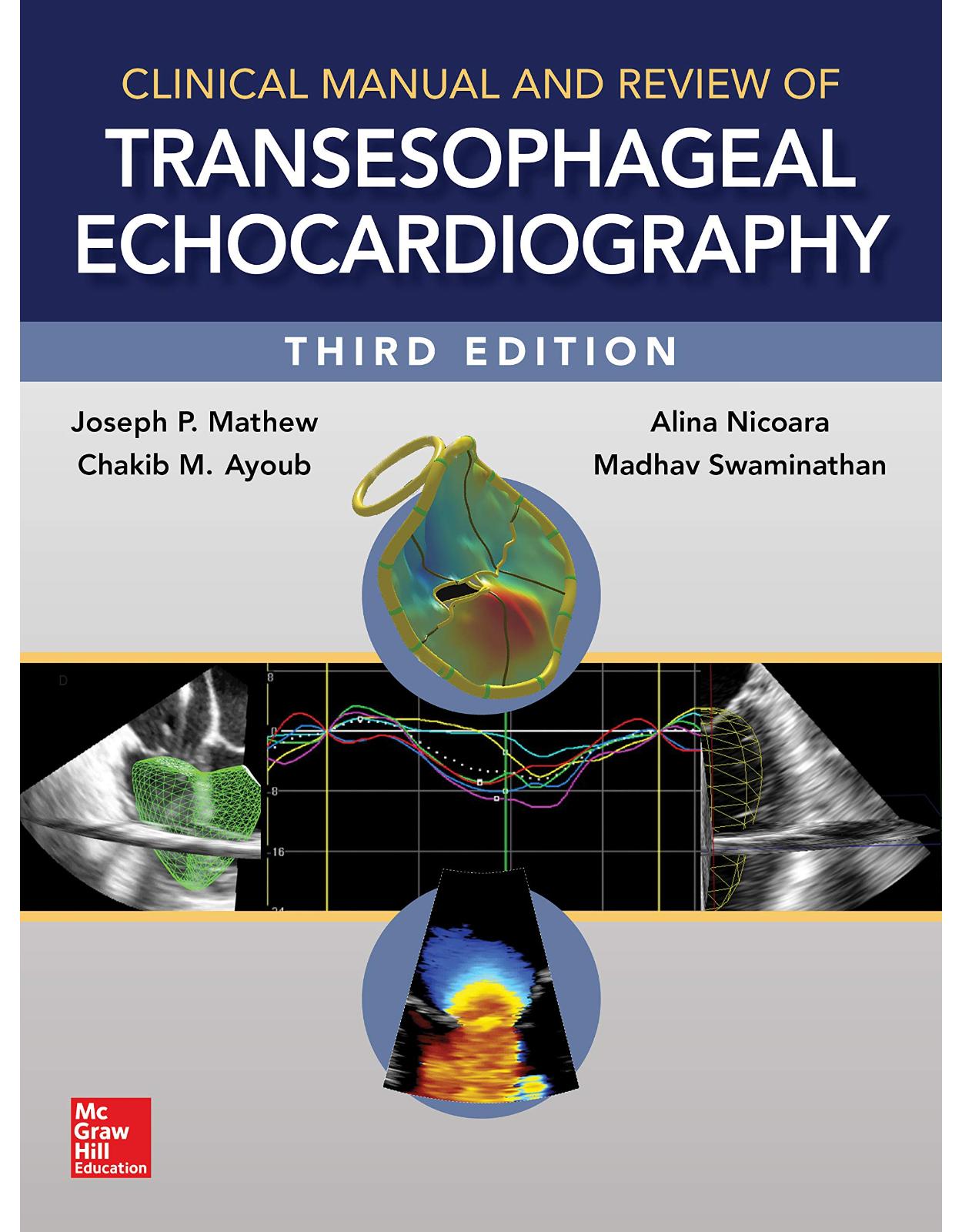
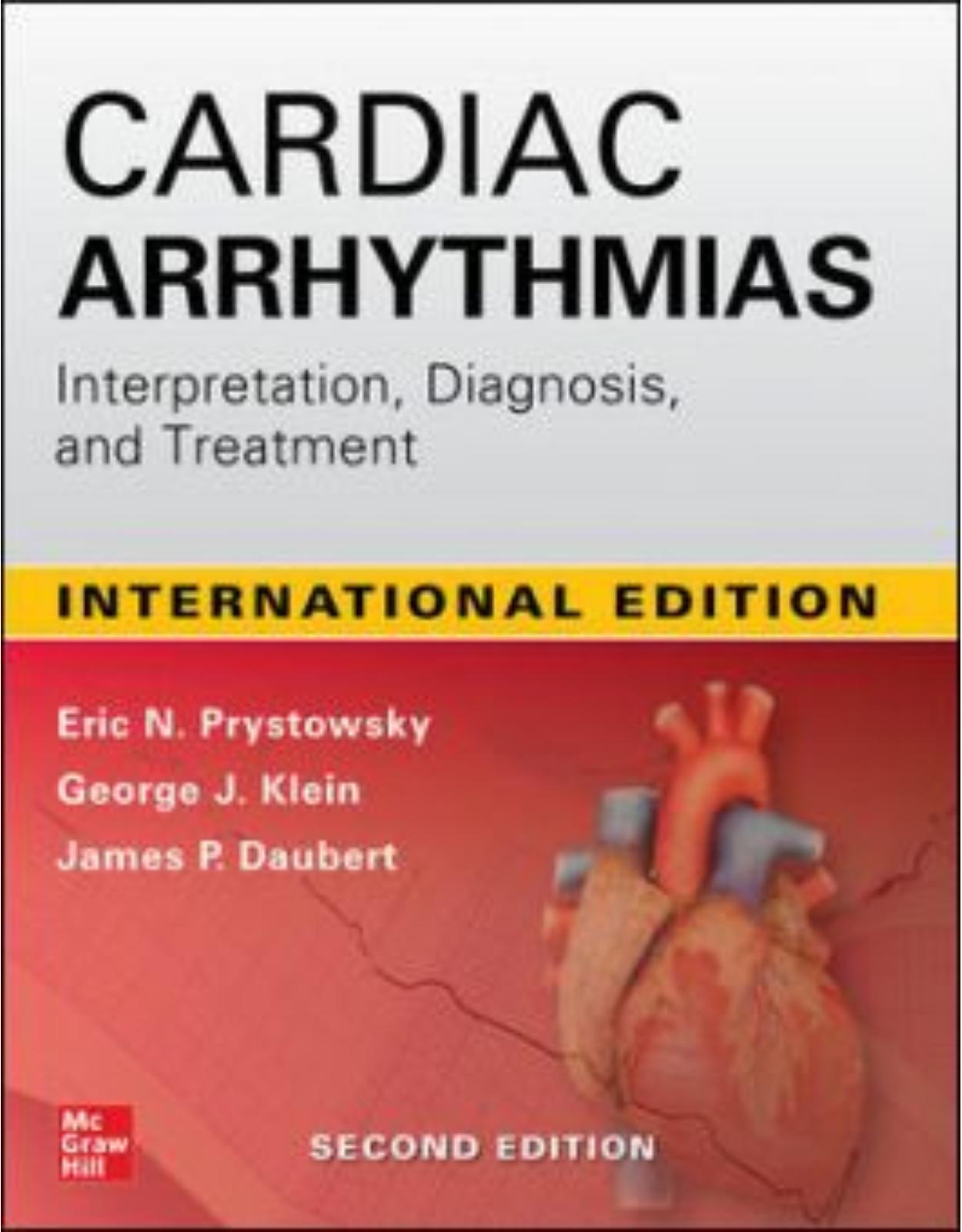
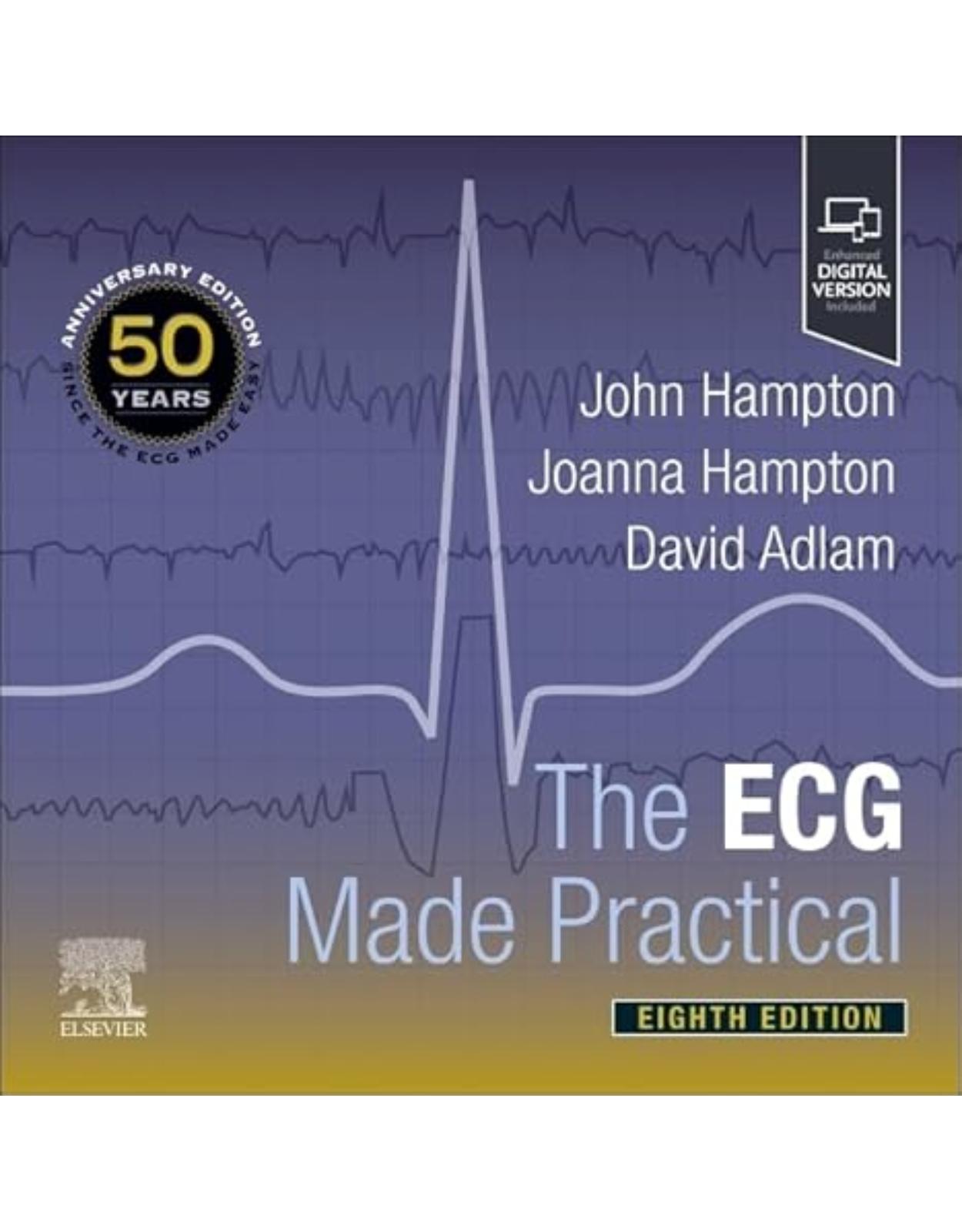
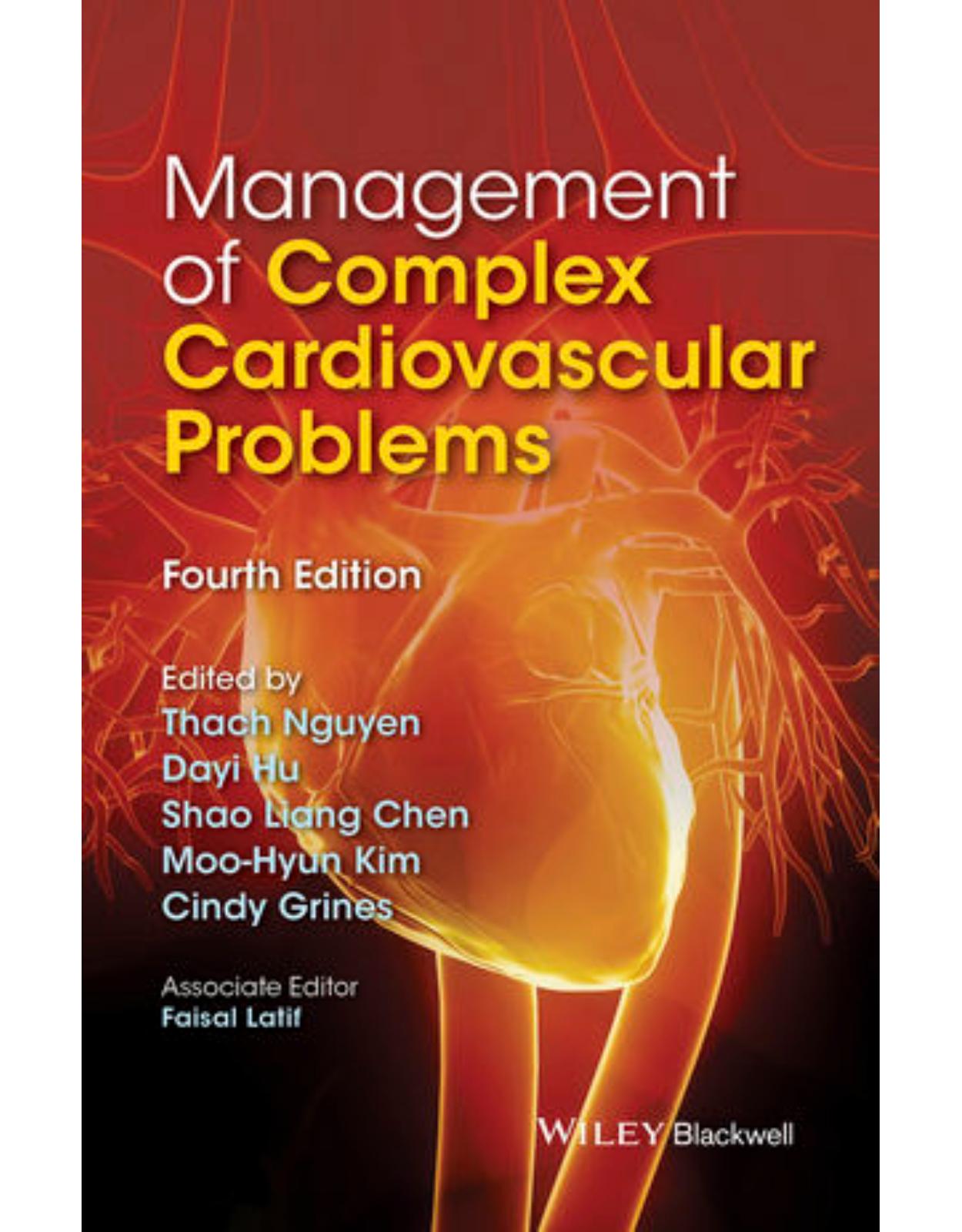
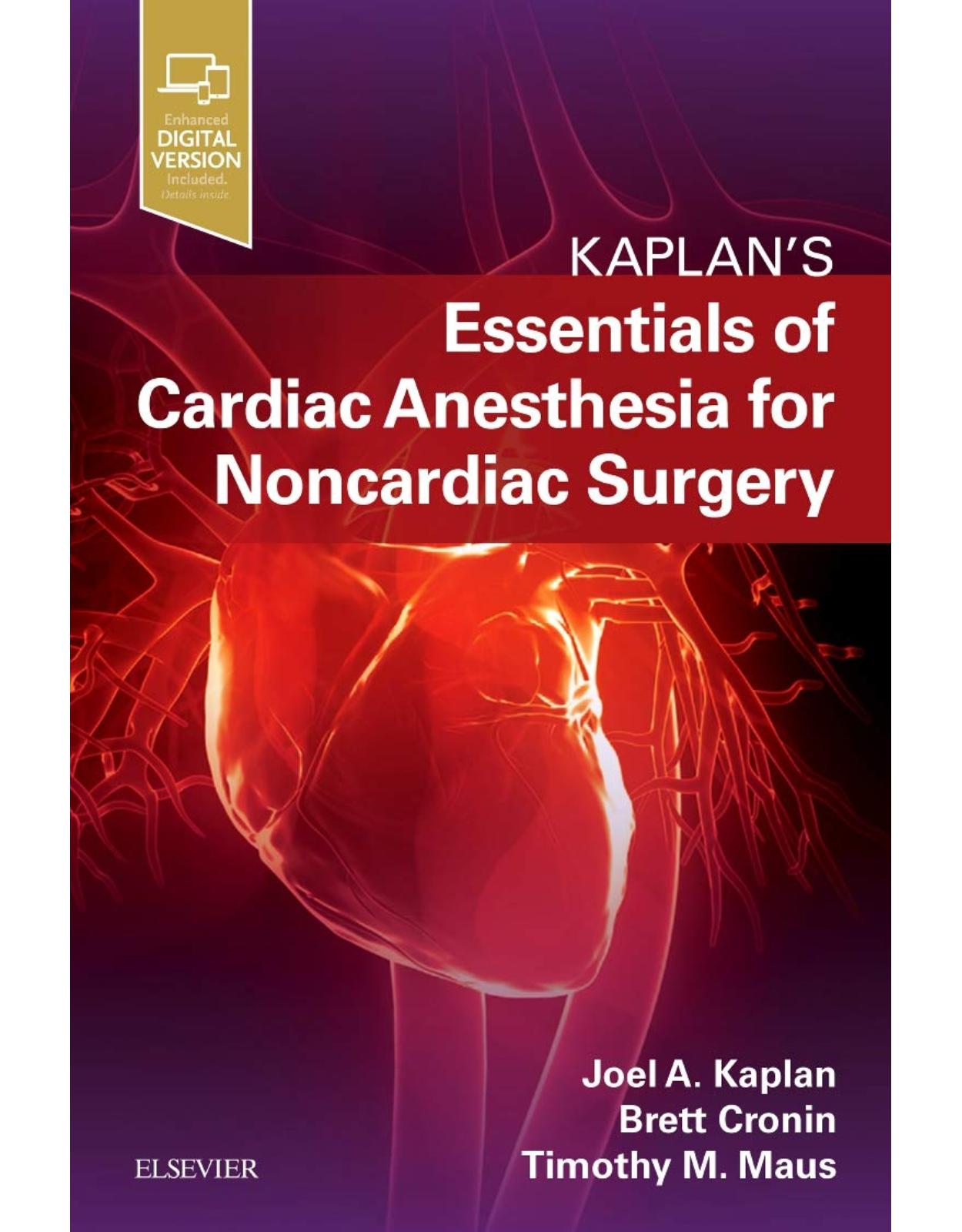
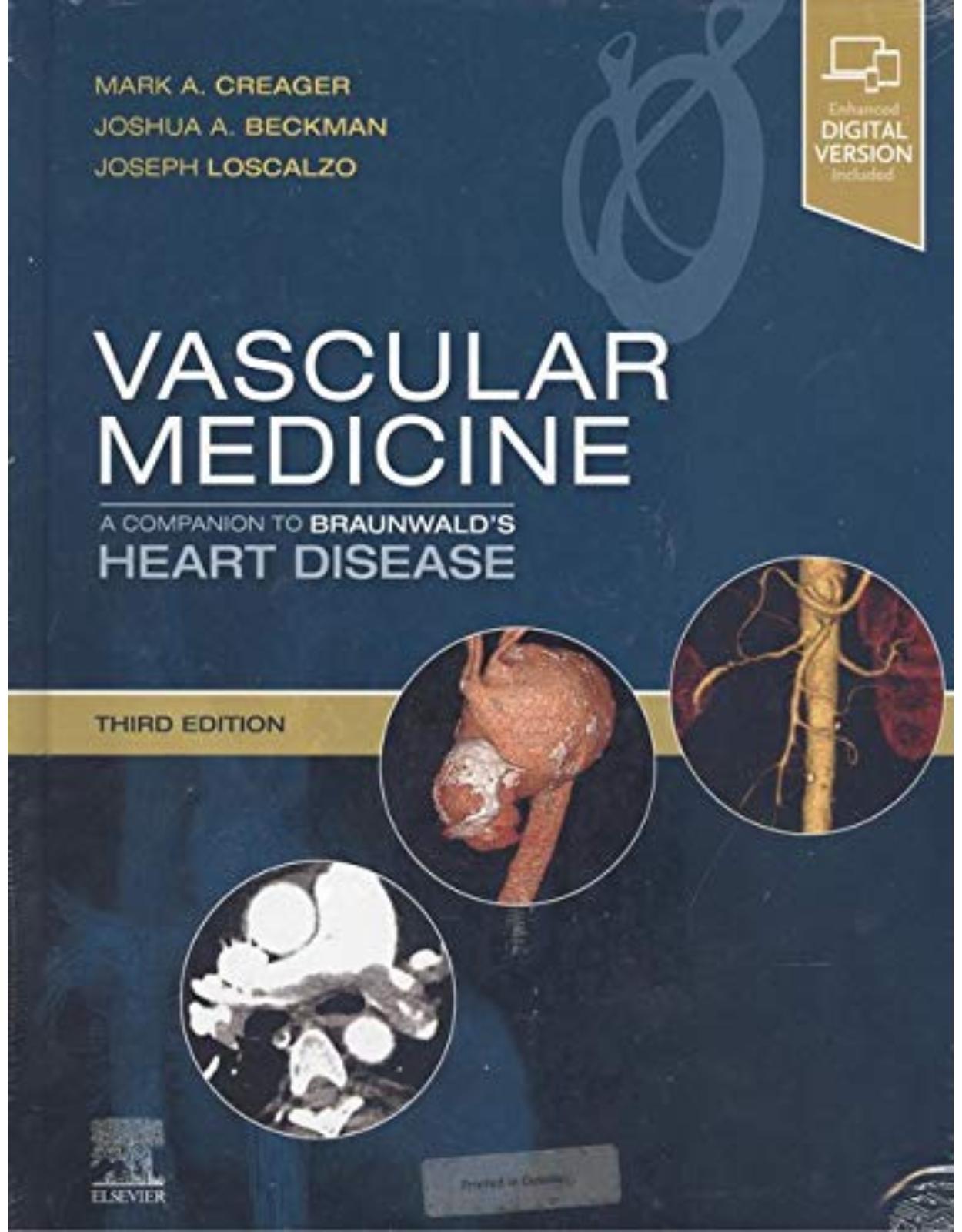
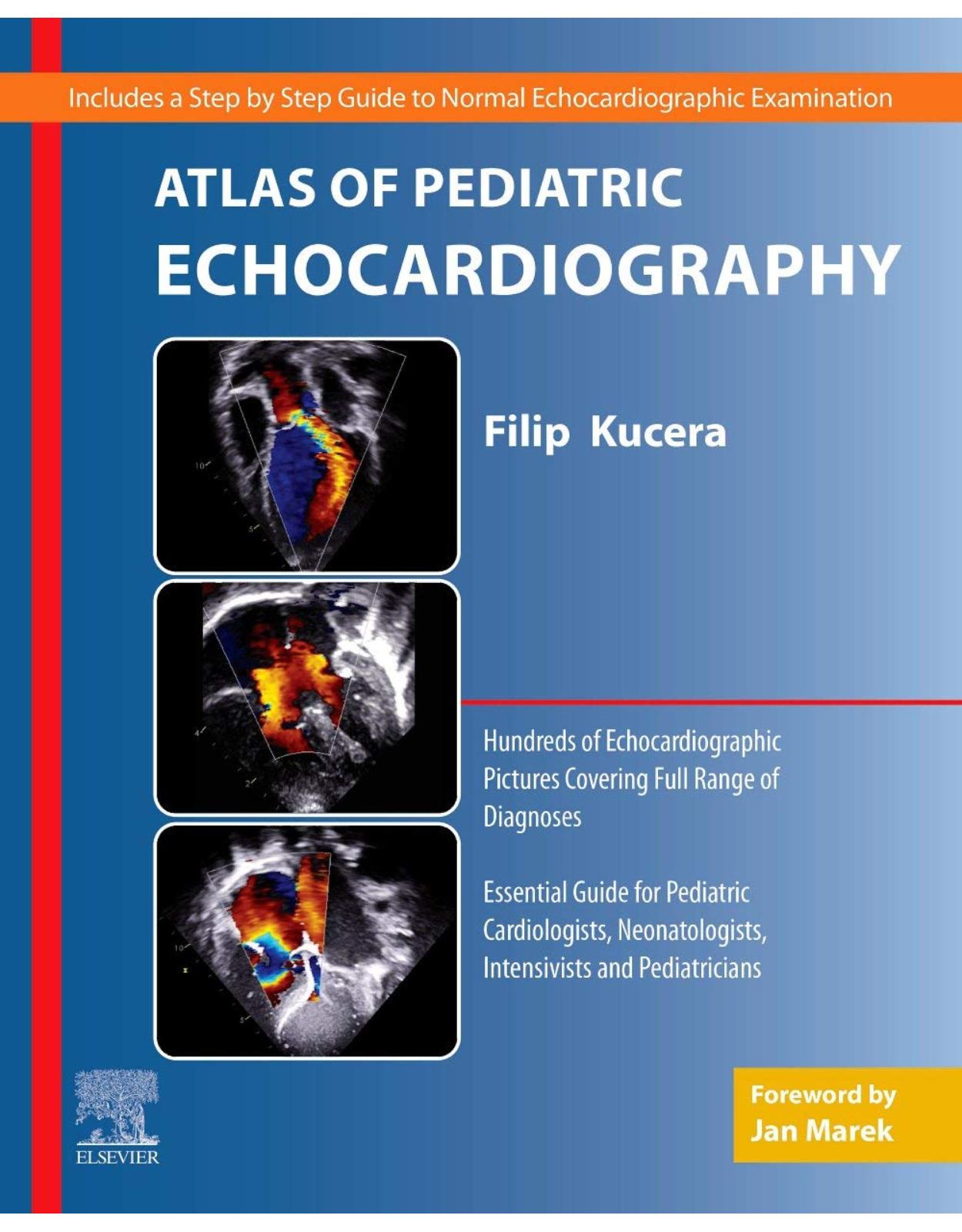
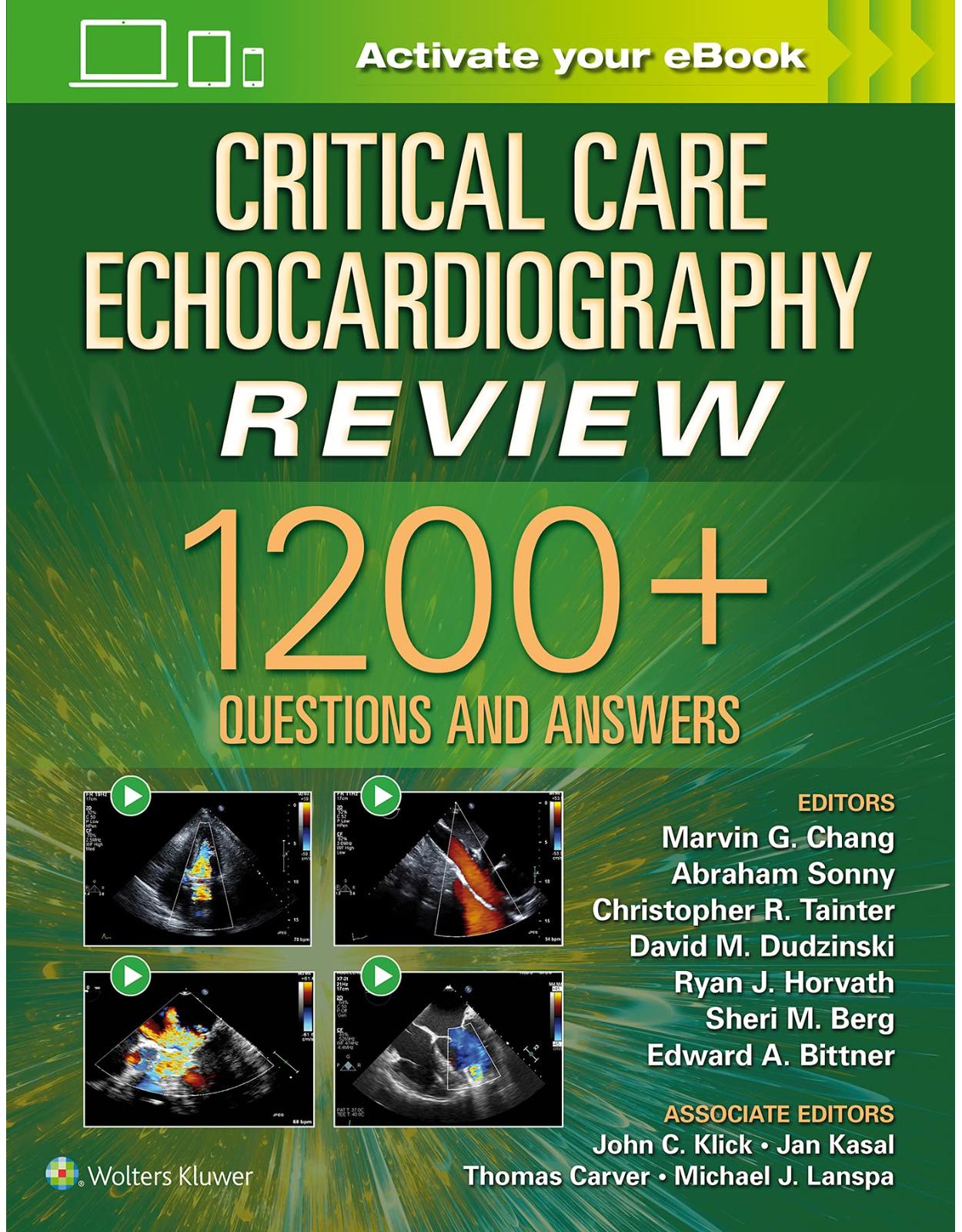
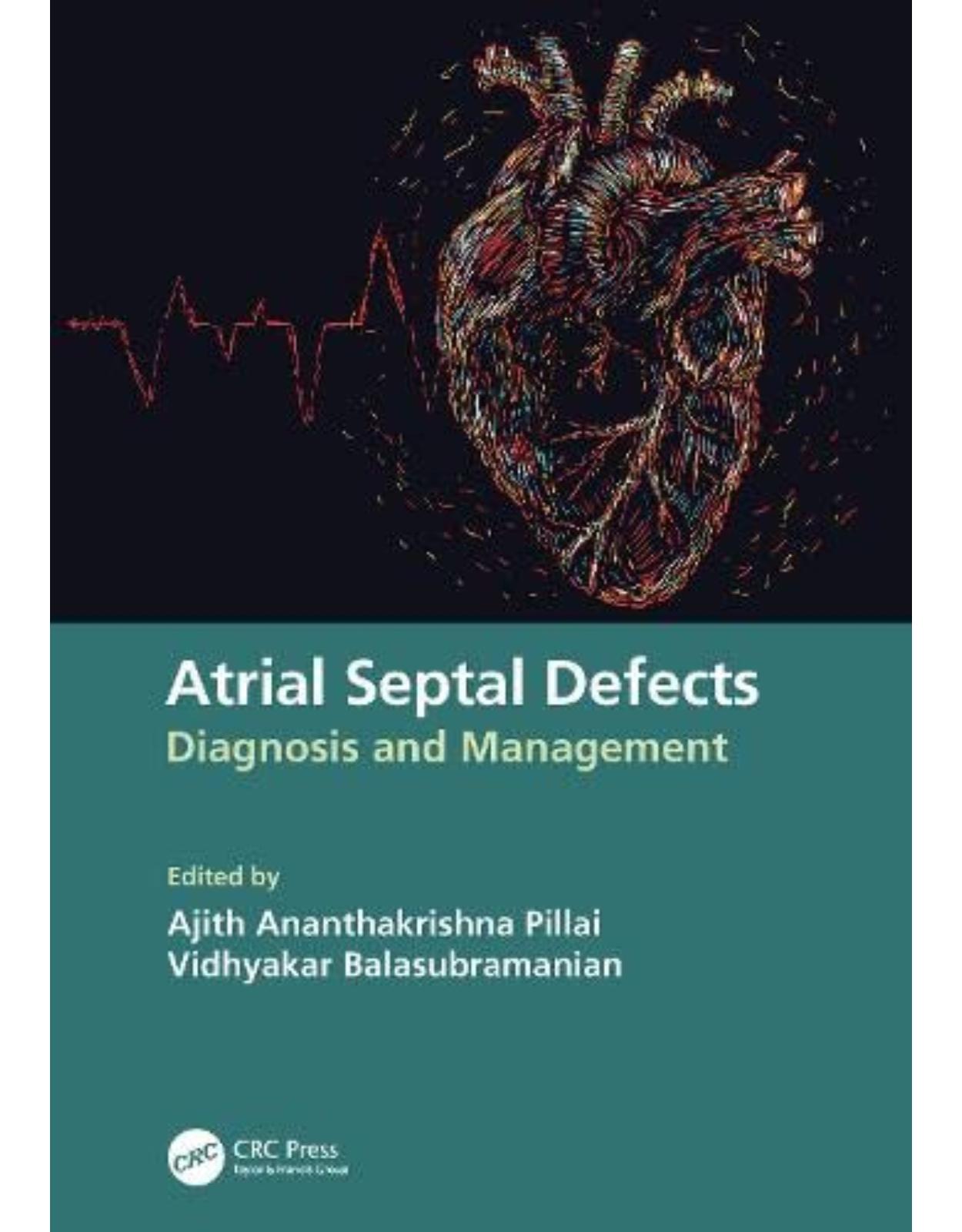
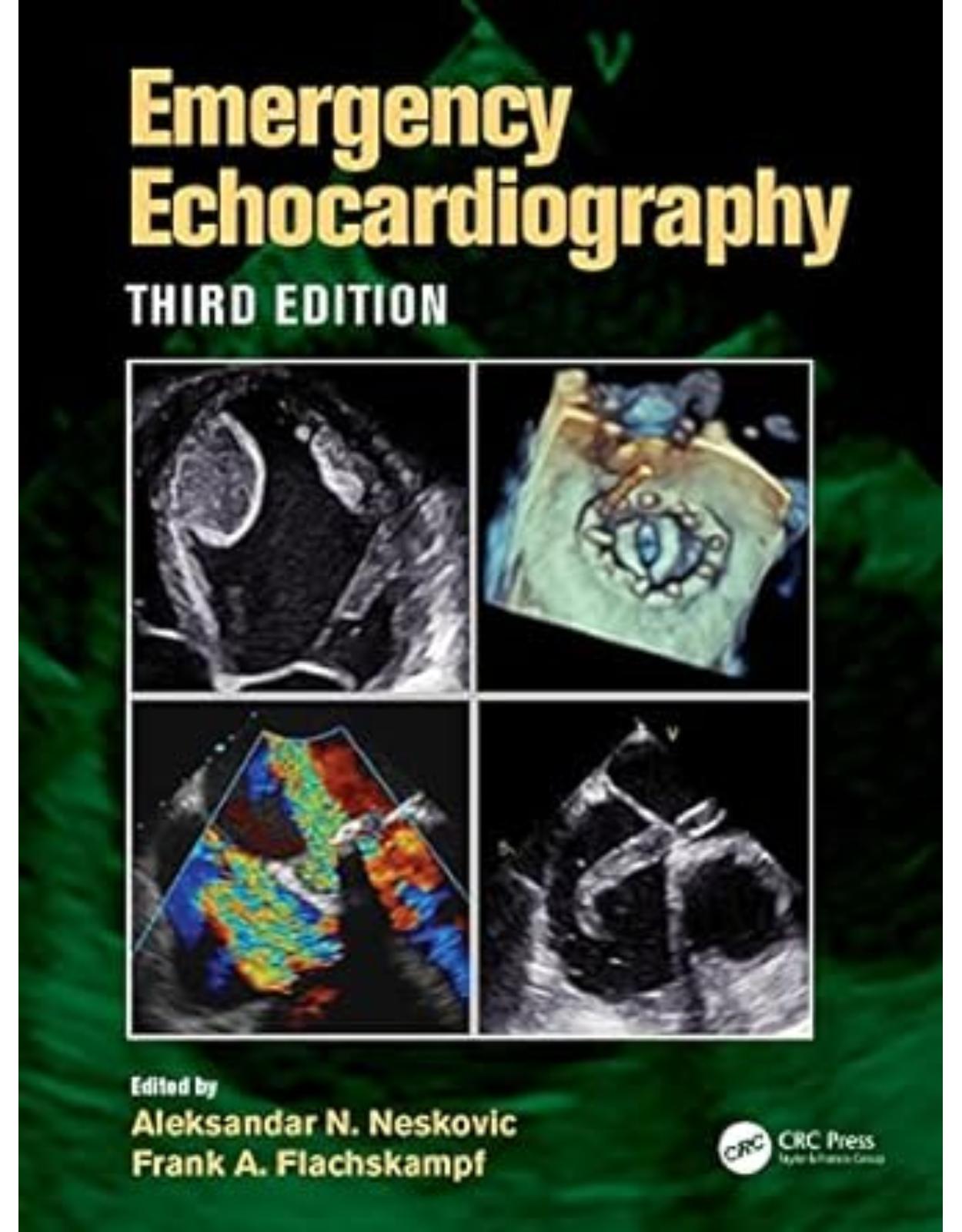

Clientii ebookshop.ro nu au adaugat inca opinii pentru acest produs. Fii primul care adauga o parere, folosind formularul de mai jos.